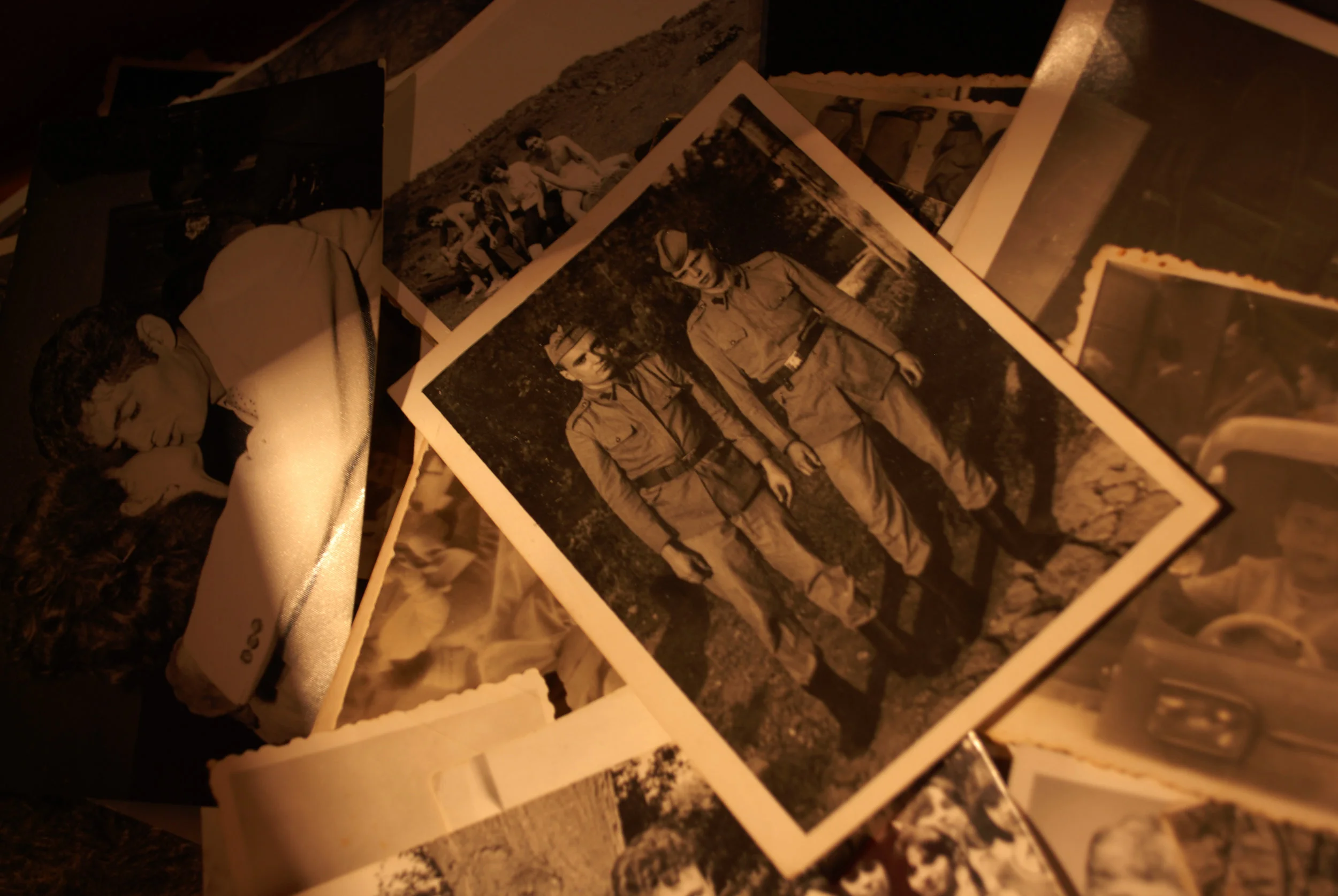A thesis statement is a sentence declaring what your essay is going to contain. It proposes the position you are going to argue for in your paper. It presents the topic of your writing and also comments on your position on the issue. Your thesis statement provides a roadmap for you as you write your paper, and it also helps your reader follow your argument as it develops. It lets your reader have an easier time understanding your argument.
Discover Your Learning Styles
One of the best ways to improve your research methods or academic performance is to discover your learning styles. Some people favor a particular way of learning, while others find that a blend of techniques work best for them. I've also found that learning styles can change over time; what may have worked with you while you were in school, for example, may shift when you are learning in a professional environment.
Interrogating Documents with 16 Questions
When I teach my Research Methods students, I often ask them to interrogate their primary sources. When you’re working with documents—whether manuscripts from the 17th century or blog posts that were published minutes ago—you need to analyze them like detectives. Nothing should be taken at face value. Often, this means that a document may need to be read several times to unravel its meaning.
How to Analyze Historic Photographs
Photographs contain a wealth of information, but you need to build your visual literacy to extract clues. The social history context that photographs provide is especially important for groups who have historically not been represented in text-based archival collections, such as women or people of color. I've gathered some of the techniques I use when conducting historical analysis of photographs.
How to Prepare for an Archives Visit
7 Secrets to Stellar Archival Research
Conducting archival research can be challenging. Unlike libraries, which have assets with consistent information, archives preserve and provide access to unique materials.
Trained as an archivist, I also work as a researcher, so I have a 360-degree perspective on archives. In a graduate-level course on research methods I teach, I offer the following suggestions to my students.










